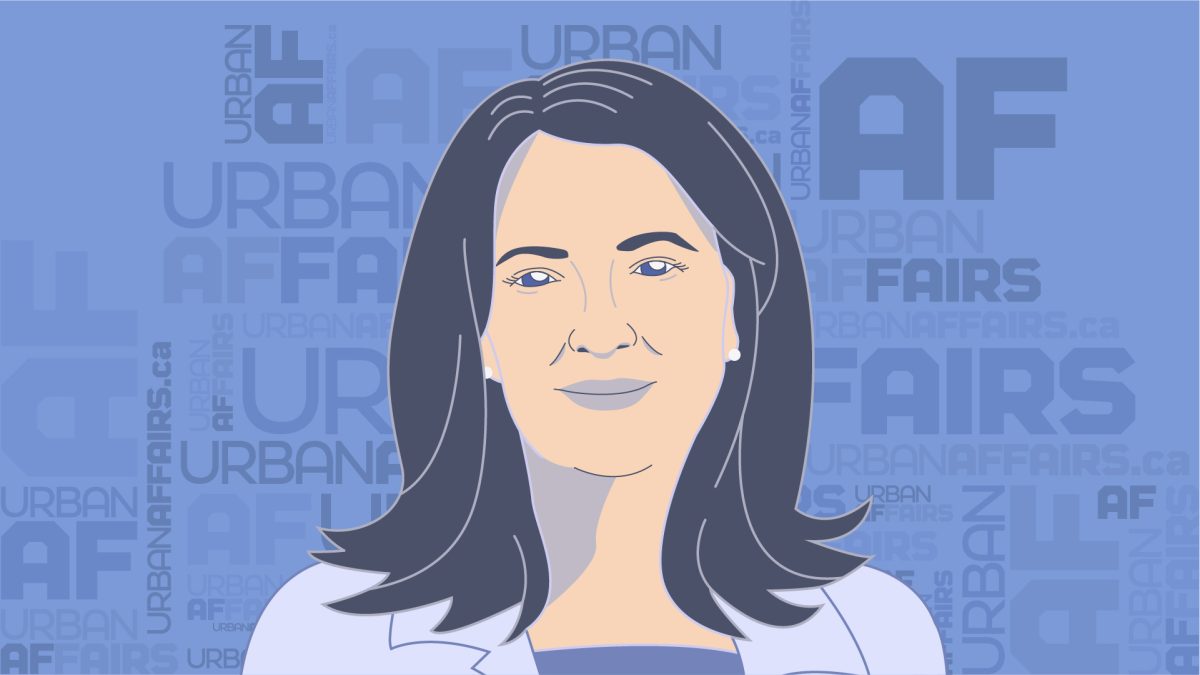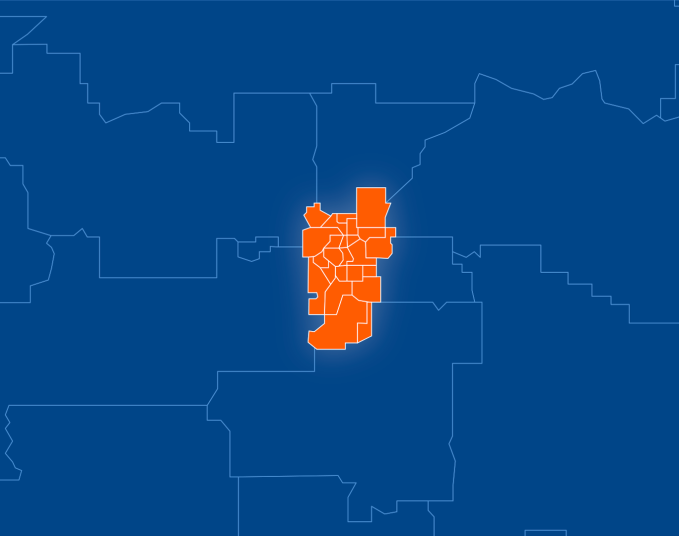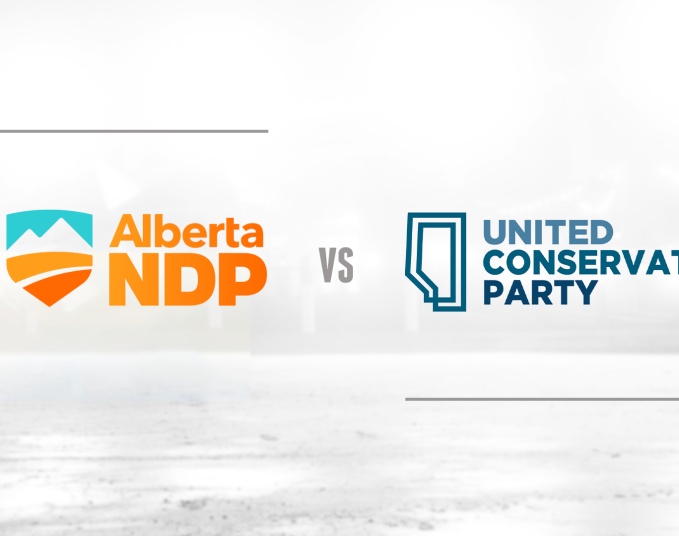“We can debate why Ottawa made this decision, we may even have a few theories. But, whatever their reasons, the outcome is blatantly unfair for people in Alberta and other parts of Canada who use natural gas and other fuels to stay warm in the winter. From where we’re sitting, it looks an awful lot like one more attempt to divide our country — to reward one region, and punish another.” — Premier Danielle Smith
Despite losing its previous scrap-the-tax legal battle with the federal government, the UCP has come up with a new play on second down.
Premier Danielle Smith announced this week that the province’s lawyers are going to travel to Federal Court in Ottawa not to ask for the carbon tax to be scrapped — but to rule that exemptions made by the federal Liberals over the last year are unconstitutional.
The hope is that Alberta wins the court case, and the Liberals are forced to take away the exemptions or, damn it, grit their teeth and say, “you got us.” This will lead to that magic moment when the Liberals will then be forced to fold their hand when it comes to carbon pricing.
This all goes back to the Liberals’ 2023 adjustment to the carbon tax, which allowed for an exemption for heating oil, which is used extensively in Newfoundland and Labrador, pretty heavily in the other Atlantic provinces, and a little bit in Quebec. Go west, and heating oil is a thing of the past.
What the Alberta lawyers will argue is that while the exemption is on heating oil, what it amounts to is preferential treatment for one part of the country, while others have to pay their full shares of the tax. Their argument is that an exemption based on regional bias is unconstitutional.
So maybe that’s why Smith was using rhetoric which not only placed her as a defender of Albertans’ pocketbooks, but as a hero of national unity. Maybe she’s planning to be prime minister one day.
But, to the cynic, or the poll-watcher, or even the person who kinda sorta pays attention to stuff, it feels like this could be a needless exercise, right? Hasn’t federal Tory leader Pierre Poilievre promised over and over that he’s vapourizing the carbon tax the first day he takes office? Aren’t the polls indicating that he’s going to win one of the largest majorities in Canadian parliamentary history? (OK, there’s a new Nanos poll that shows a slight uptick for the Liberals, but it feels like scoring a touchdown in garbage time, when you’re down 40).
Provincial New Democrat leader Naheed Nenshi is one of the head-scratchers. He agrees that the federal Liberals undermined themselves by creating that exemption a year ago. But he also wonders why Alberta is bothering to start a fight.
“It’s very clear that the premier doesn’t think that Pierre Poilievre is going to win the next federal election if she is tying us up in court for so many years on yet another unwinnable court case,” Nenshi said.
Could that be true?
The answer is… no one should hedge their bets. Yes, the federal Tories are up big in the polls, but Smith must know, just like Nenshi must know, that the surge in Tory support, especially in places like the riding-rich Toronto suburbs, isn’t based on a love-in with Poilievre.
It’s because Canada, for the most part, really, really, really dislikes Justin Trudeau. Make no mistake — the support bleeding to the Tories is more about what the Liberals are doing wrong, and how much our electorate has grown tired of our current prime minister. If you look at other metrics, it’s not like PP is winning a lot of likability or confidence polls. Yes, he has some die-hard support, but we all know that it’s being topped up by a lot of Canadians who support Poilievre simply because he’s not Trudeau. (Better yet, Poilievre could wreck a lot of legacy projects that Trudeau will try and leave behind.)
But, placing your unwavering faith in a leader who is popular just because the other guy is so unpopular is a dangerous game.
There’s a bigger play here. What happens if Poilievre comes into office, his people crunch the numbers, and recognize you can’t just get rid of the carbon tax overnight? According to Statista, Canada’s carbon tax is No. 2 in the world when it comes to government revenue generated by carbon taxes. Yes, there are rebates, but, at about $8 billion a year, that’s a pretty good chunk of revenue.
Think about the GST. It was introduced in 1991 by the late Brian Mulroney, and has been the subject of promises ever since. In 1993, Jean Chrétien promised to get rid of it. Paul Martin pledged “to abolish it.” Neither did so when they had their turns as prime minister. The best Stephen Harper could do was cut it down to five per cent, where it currently stands. But, the truth is, once it was put it place, the GST became such an important revenue stream for the government, that it was simply too big to cut. Would the same be true of a carbon tax?
The Alberta premier’s actions suggest she might think so.
Savvy AF. Blunt AF. Edmonton AF.




